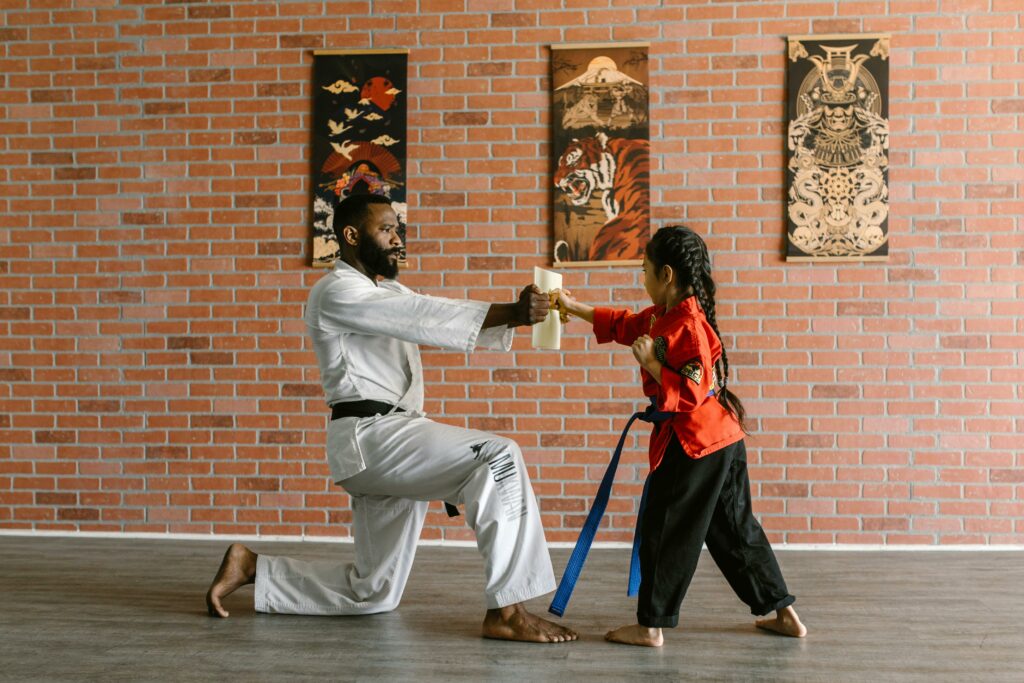Educators engage in professional learning.
The second principle is connected to this standard, as is the first principle.
Learning Principle 1: Learning ultimately supports the well-being of the self, the family, the community, the land, the spirits, and the ancestors
Since learning supports the well-being of all, educators engaging in professional learning will inevitably support the well-being of their families and communities, thereby supporting the well-being of their students. This is also how the second principle is connected to the seventh standard, since it is only because of the reciprocal, holistic, and relational nature of learning that learning supports all, rather than bestowing benefits to the learner alone.
Consider how “Elders/Knowledge-Keepers can also be sought out when the learner recognizes that learning is needed” in Indigenous learning. This also happens in most stories that follow what Western teachings call the “Hero’s Journey”. In this plot, the hero goes to find the mentor that will guide him to become the Hero. In both cases, real and fictional, the learning supports all.

Photo from Pexels by RDNE Stock project
Learning Principle 2: Learning is holistic, reflexive, reflective, experiential, and relational (focused on connectedness, on reciprocal relationships, and a sense of place)
Notably, any kind of professional learning on the part of the educator also contributes to the profession, since peers are part of an educator’s community, and they benefit from the learning of their colleges! Educators learn from each other too, and they also learn from their students. I’m reminded of the Disney Pixar film Hercules. When Hercules is trying to convince Philoctetes to train him, Phil says:
“I trained all those would-be heroes. Odysseus, Perseus, Theseus. Alotayusses! And every one of those bums let me down flatter than a discus. None of them could go the distance. And then, there was Achilles. Now there was a guy who had it all: the build, the foot-speed. He could jab! He could take a hit! He could keep on comin’! BUT THAT FORSLUGGINER HEEL OF HIS! He barely gets nicked there once, and kaboom! He’s history. Yeah, I had a dream once. I dreamed I would train the greatest hero there ever was. So great, the gods would hang a picture of him in the stars for everyone to see. And everyone would say, “That’s Phil’s boy.” That’s right… Ah, but dreams are for rookies. A guy can only take so much disappointment.”
Philoctetes, Disney’s Hercules
But then, when Hercules really needs him, at the pivotal low point in Hercules’s narrative, Phil is there. When Hercules sees him, the Grecian hero says:
“You were right, Phil. Dreams *are* for rookies.”
But the satyr responds:
“No, no, no, no, no, kid! Giving up is for rookies! I came back because I’m not quitting on ya! I’m willing to go the distance. How about you?”
Philoctetes, Disney’s Hercules
In this instance, Philoctetes learned to believe again. Hercules taught him to hope once more. Though the possibility is there, I don’t expect a kindergartener to teach me something new about Calculus. Yet, I cannot count the times that I have learned from my students, especially regarding being human. How to be human and what that means or looks like, now that’s a conundrum that puzzles all minds, perhaps more than Calculus does.
Finally, this standard is also connected to the sixth principle. Learning is never done, so long as human beings are alive, because so long as we are living, history continues, memory carries on, and the story never ends.
Learning Principle 6: Learning is embedded in memory, history and story.

Photo from Pexels by RDNE Stock project